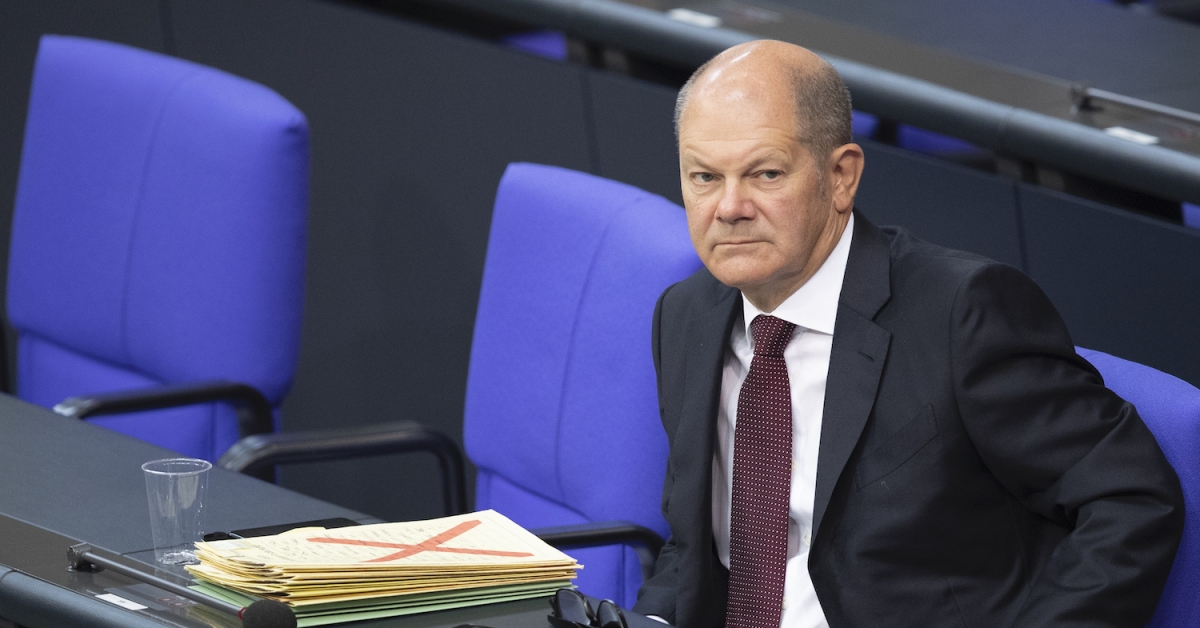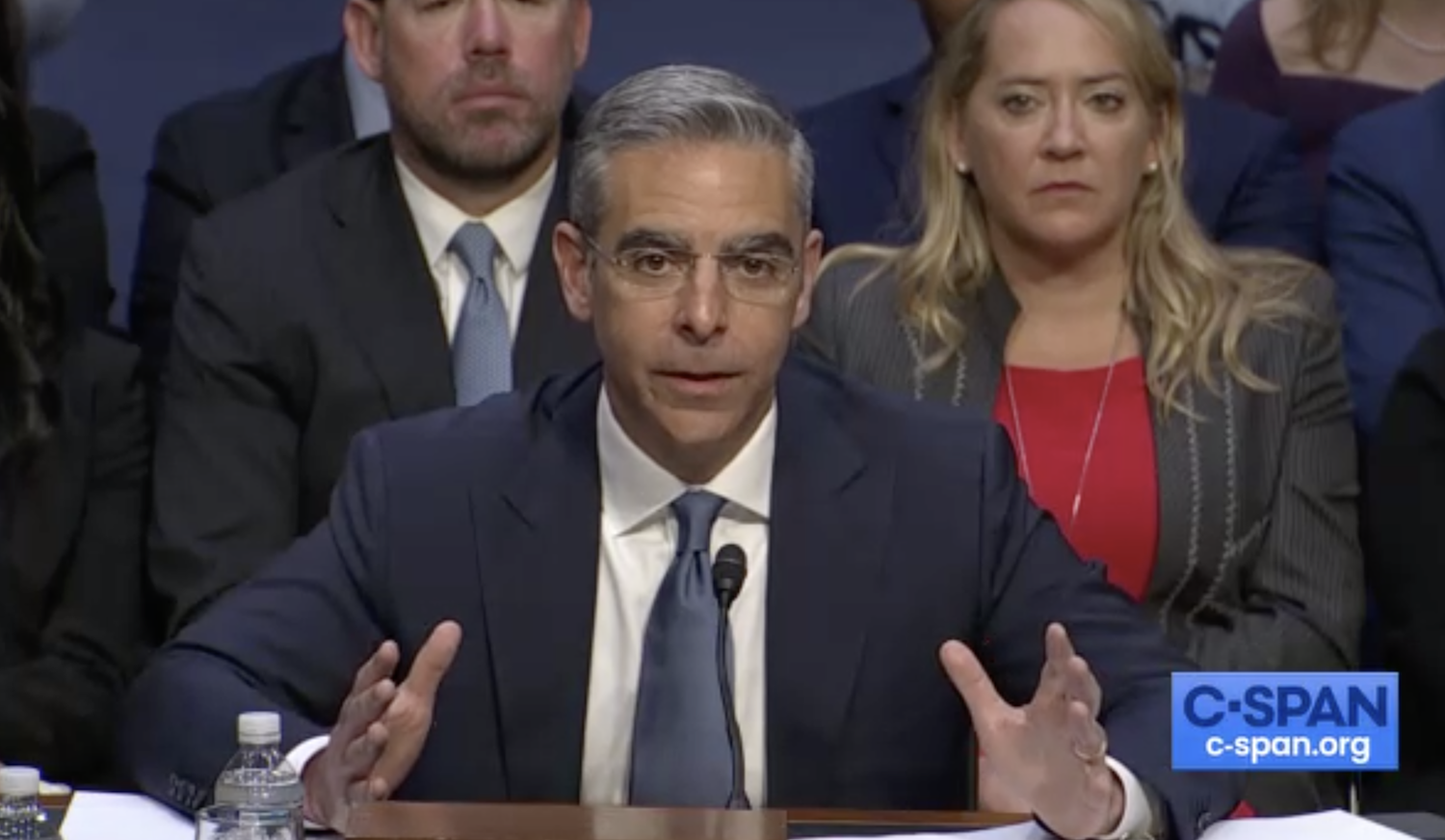How OFAC’s Tornado Cash Sanctions Violate U.S. Citizens’ Constitutional Rights
The Office of Foreign Assets Control’s (OFAC) decision last year to impose sanctions on the Tornado Cash software protocol has far-reaching implications for the rights of Americans and raises serious regulatory and constitutional questions. Six individuals who fell victim to OFAC’s actions are fighting for their rights in Van Loon v. U.S. Department of the Treasury.
Last week, to assist the court in fully understanding the broad implications of these sanctions, Blockchain Association and DeFi Education Fund filed a friend of the court brief arguing why privacy is a fundamental right that should be protected, even in the digital realm.
Marisa T. Coppel is policy counsel at the Blockchain Association.
Tornado Cash is a self-executing computer software published on the Ethereum blockchain that allows users to maintain their financial privacy while using blockchain technology. Unlike a bank’s ledger, blockchains are public, permanent and maintained through a decentralized network of computers.
While transactions on blockchains are publicly viewable, the user’s identity is not identified as transactions are linked to “public keys,” which is similar to an email address. An individual’s desire to keep their transactions away from public view is more than reasonable given how much information our blockchain transaction history can share about our lives.
A heightened desire for on-chain privacy clearly exists considering the sensitive nature of how many people use crypto – such as donating to politically charged causes, paying for private medical procedures or purchasing certain religious or personal items. The Tornado Cash tool allows users to protect their privacy, all while retaining the benefits of transacting on a blockchain.
OFAC’s decision to sanction Tornado Cash is unprecedented, marking the first time that software has been targeted for sanctions. OFAC’s sanctioning authority extends only to persons or property. Yet, Tornado Cash is neither a person nor property: It is owned by nobody, controlled by nobody and functions automatically without human intervention.
Thus, OFAC’s overreach in sanctioning software goes beyond its legal purview.
OFAC’s actions also represent an expansion of their authority that can only be authorized by Congress. Without congressional authorization, OFAC’s sanctions are unlawful and must be challenged.
Moreover, OFAC’s sanctions (which as mentioned go beyond the scope of the statute providing the agency with authority to sanction people and entities) also raises serious concerns under the First and Fifth Amendments of the U.S. Constitution. OFAC’s actions contravene a fundamental, uniquely American right not enjoyed by the majority of people in the world – the right to engage in socially valuable speech, such as speech that is related to political or ideological viewpoints.
Regarding the Fifth Amendment, OFAC’s actions deprive plaintiffs of their property without the due process of law required by the U.S. Constitution and history of case law. Because of these constitutional concerns, the court must interpret any ambiguity in OFAC’s sanctioning authority in a manner that avoids harming plaintiffs’ constitutional rights.
If OFAC’s sanctions on Tornado Cash are allowed to stand, it sets a dangerous precedent that could pave the way for the sanctioning of any open-source encryption protocol, including code that enables secure credit card transactions online. This would have severe implications for law-abiding Americans’ financial privacy and undermine their ability to freely use technological innovations in the future.
In short, OFAC’s overreach threatens to stifle innovation and hinder the growth of the U.S. blockchain industry, which has the potential to revolutionize how we interact in the digital world.
It is crucial to recognize that Tornado Cash is simply a tool – and punishing the tool itself rather than the bad actors who may misuse it runs contrary to the values this country was founded upon. The responsible and lawful use of blockchain technology should be protected, and regulatory actions should be targeted at those who abuse the technology for illegal purposes.
Learn more about Consensus 2023, CoinDesk’s longest-running and most influential event that brings together all sides of crypto, blockchain and Web3. Head to consensus.coindesk.com to register and buy your pass now.

DISCLOSURE
Please note that our
privacy policy,
terms of use,
cookies,
and
do not sell my personal information
has been updated
.
The leader in news and information on cryptocurrency, digital assets and the future of money, CoinDesk is a media outlet that strives for the highest journalistic standards and abides by a
strict set of editorial policies.
CoinDesk is an independent operating subsidiary of
Digital Currency Group,
which invests in
cryptocurrencies
and blockchain
startups.
As part of their compensation, certain CoinDesk employees, including editorial employees, may receive exposure to DCG equity in the form of
stock appreciation rights,
which vest over a multi-year period. CoinDesk journalists are not allowed to purchase stock outright in DCG
.
:format(jpg)/s3.amazonaws.com/arc-authors/coindesk/06427b16-f4f1-4804-856d-d39f8b0a4d3b.jpeg)
Marisa T. Coppel is policy counsel at the Blockchain Association.









